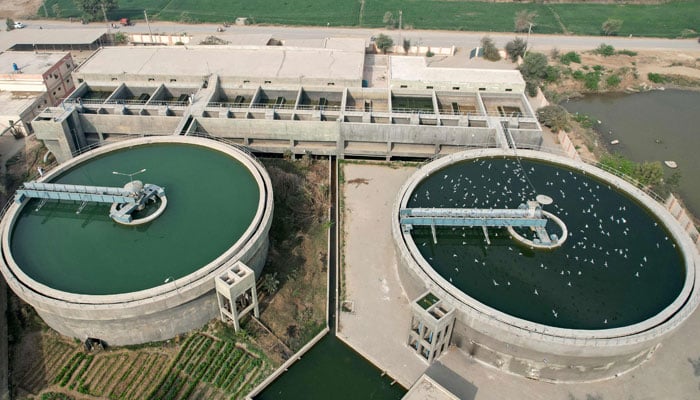Jacobabad, which has repeatedly been cited as being among the world’s hottest cities, is staring into a water crisis looming in the wake of suspended U.S. foreign aid. The city, where summer temperatures routinely hit 50°C (122°F), is almost wholly dependent on an American-funded water scheme to deliver safe drinking water to thousands of residents. The move by former President Donald Trump to suspend aid, however, put the scheme at risk and denied many safe water.
The $66 million water scheme, undertaken as part of a U.S. Agency for International Development project, was supposed to enhance the drinking water facility in Jacobabad. With the cut in funds, the day-to-day finances for the undertaking have ceased to flow, making authorities reduce measures for water cleaning and distribution. Authorities say without urgent action, thousands will have to drink poisonous water, creating a high danger of water-related diseases like cholera and dysentery.
Jacobabad residents, who are already facing extreme heat, are now preparing for deteriorating conditions as water shortages are on the horizon. Several have turned to using unsafe sources of water, which has raised public health issues. “We are already surviving in unbearable temperatures. Now, without clean water, survival will be even tougher,” Abdul Rehman, a local shopkeeper, said. Humanitarian agencies are urging immediate international aid to avert a major health emergency.
Pakistan’s government is seeking other sources of funding to keep the project going, but it has been slow to move. Lobby groups are calling on the U.S. administration to rethink its aid policies, stressing that vital humanitarian projects should not be caught in the crossfire of political choices. As climate change makes water shortages worse in South Asia, Jacobabad’s crisis serves to underscore the severe consequences of slashing vital development aid in fragile areas.








